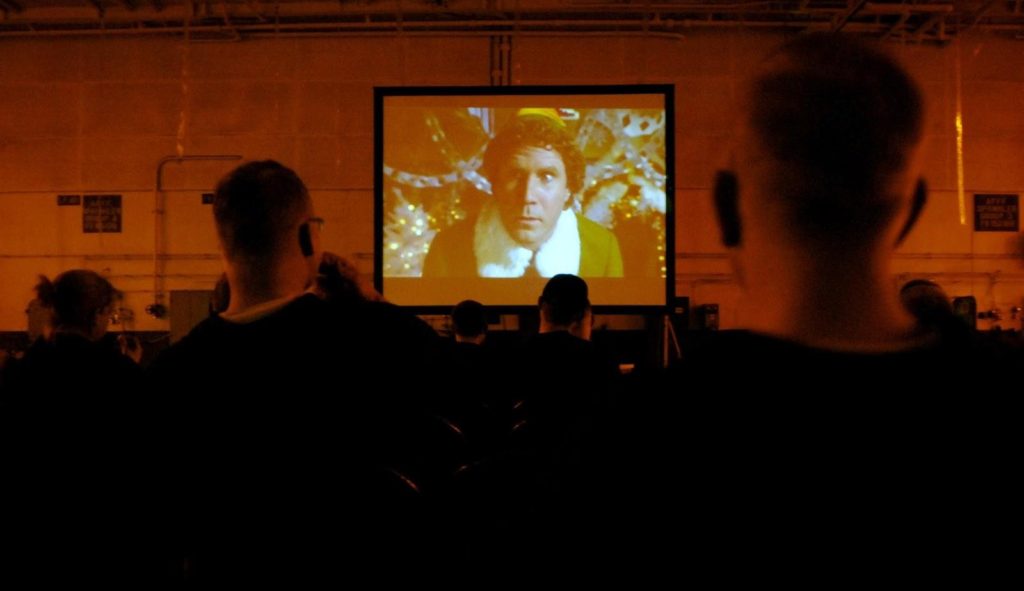How Cinema Manipulates You: The Power of Nostalgia

Image courtesy of Sofy
By Tess Rempel
Formed from Greek roots meaning “homecoming” and “pain,” nostalgia is a powerful tool in modern storytelling. Despite its perks, nostalgia for a time you have never known – anemoia – has its downsides, from neglect to downright delusion.
Nostalgia allows for a deeper connection to the world around us, described as a cherishing of the past with an understanding of the temporal nature that characterized it. Studies show that people engage in nostalgia as a strategy to regulate their emotions, especially when experiencing loneliness, social exclusion and meaninglessness.
Having cemented their place in culture, several films indirectly profit off of nostalgia, such as Grease, Clueless, Back to the Future, The Breakfast Club, and The Sandlot. Through rewatching films like these, the time at which the cinematic experience was first enjoyed can be recalled, along with the toolkit for nostalgia: comfort, familiarity, and sentimentality.
Modern production companies, however, directly profit from nostalgia; it is a safer business decision to recycle films, rather than take creative risks. Films like Star Wars: The Rise of Skywalker, for example, utilized an upside-down poster from Jaws for its marketing campaign, thus capitalizing on subconscious feelings of excitement based upon previous watching experiences. The Netflix series Stranger Things relies on nostalgia to capitalize on the culture of the 1980’s, as a method to both rope in its audiences and spur the plot forward.
Nostalgia goes from a source of inspiration to the sole origin within the prevalent category of reboots, remakes and prequels, all of which intentionally mimic the films that came before it. In 2017, the remake of Beauty and the Beast was the second highest grossing film in the UK, and other films like A Star is Born and The Incredibles 2! rely on its audiences’ inclinations to recall the past in a positive light.
Although nostalgia is a positive feeling and useful marketing ploy, it can become dangerous in its overindulgence, leaving films to be culturally sanitized and audiences to experience anemoia – a branch of nostalgia that involves the longing for a time that a person has never experienced. In experiencing anemoia, audiences romanticize the past, thus neglecting the robustness of history contained within the time period in question. Filmmakers continue to blur the lines between consolation in familiarity and escapism through fantasy, leaving people to long for their lives to belong to a society that only exists within the scope of the film itself – despite the film appearing as if it accurately characterizes the past. The past becomes exclusively known as “The Good Old Days,” attached to a longing for an exaggerated version of something that never truly existed.
As a bittersweet element of human psychology, it’s worth noting the downsides to nostalgia – recognizing the “pain” in the “homecoming.” Nostalgia acts as the enemy of originality within cinema, and perhaps even a speed bump in relation to social progress. Maybe the only way to evade this is to remind ourselves that the decades through which we are currently living will undoubtedly be romanticized, providing film lovers with an opportunity to question what is worth romanticizing in relation to what can be experienced today.





